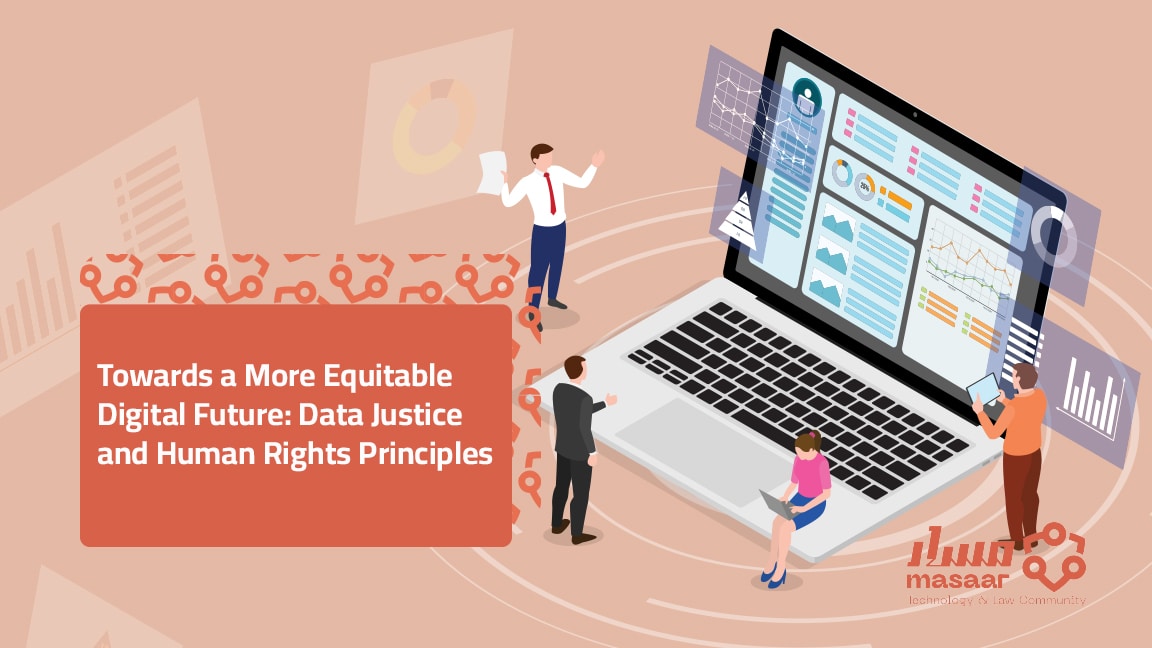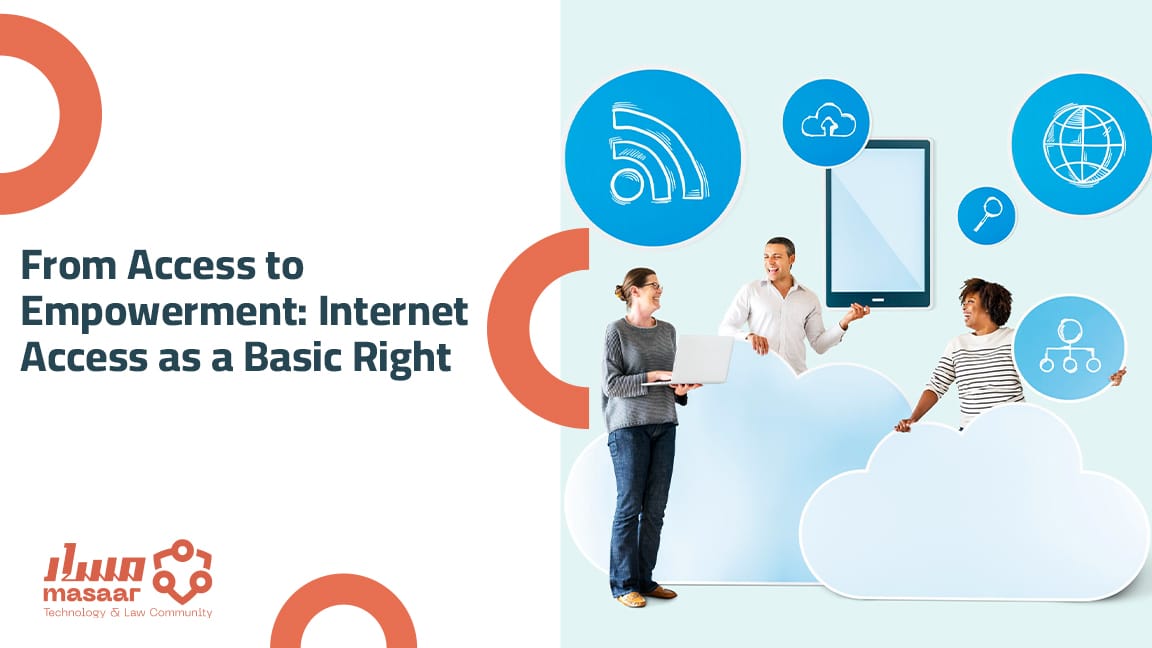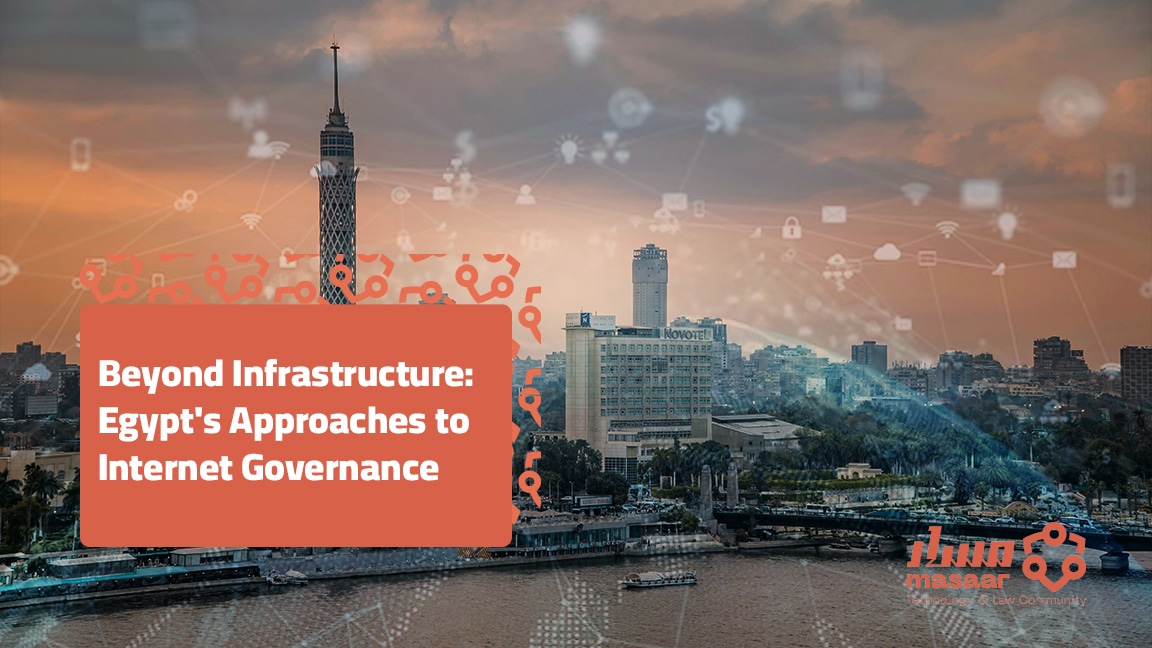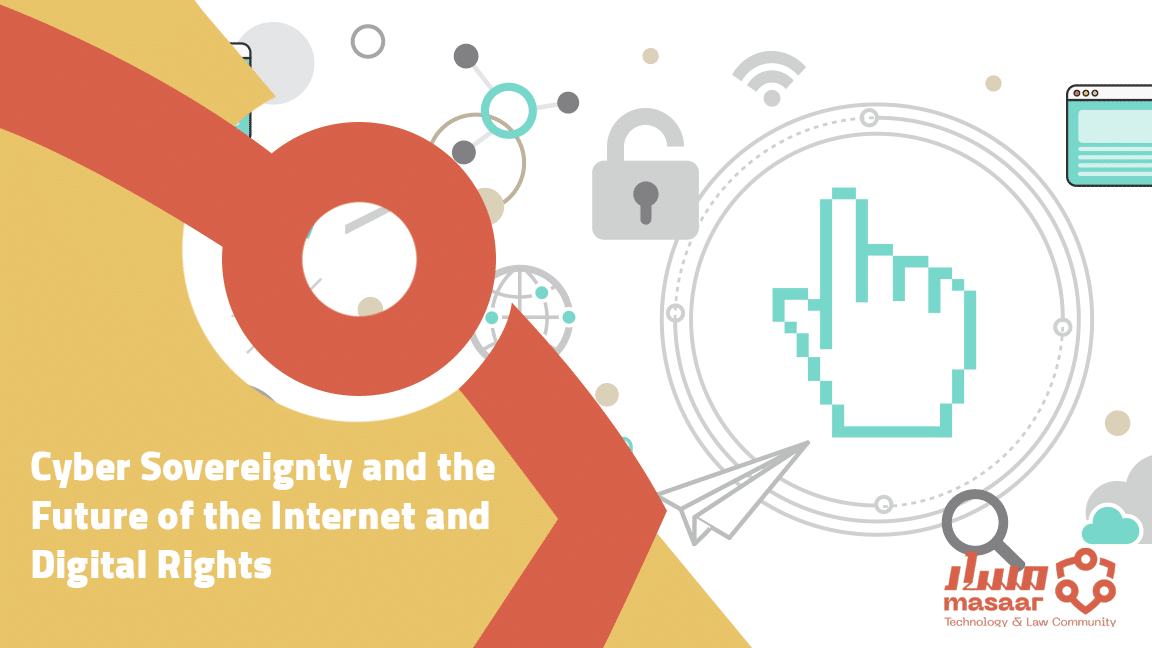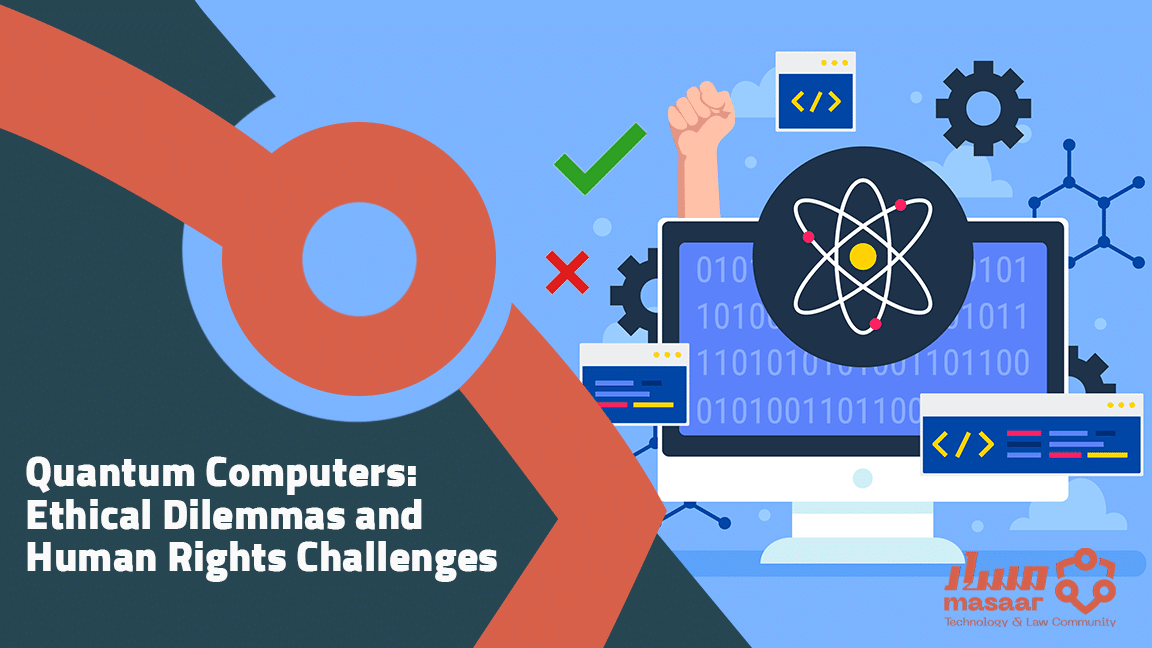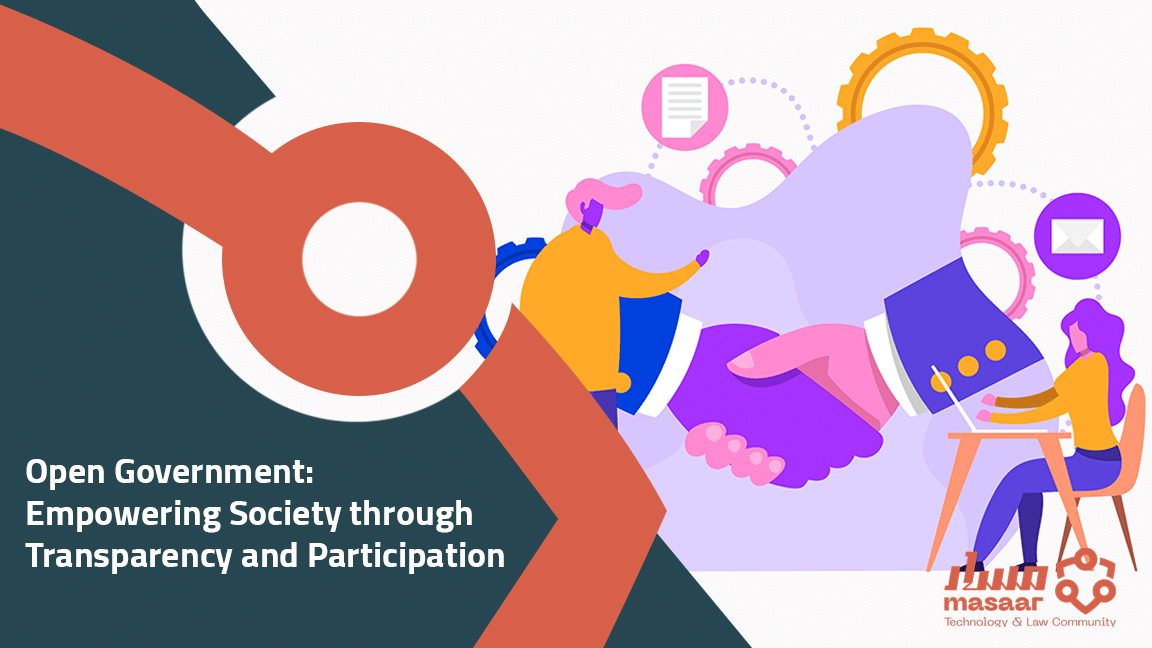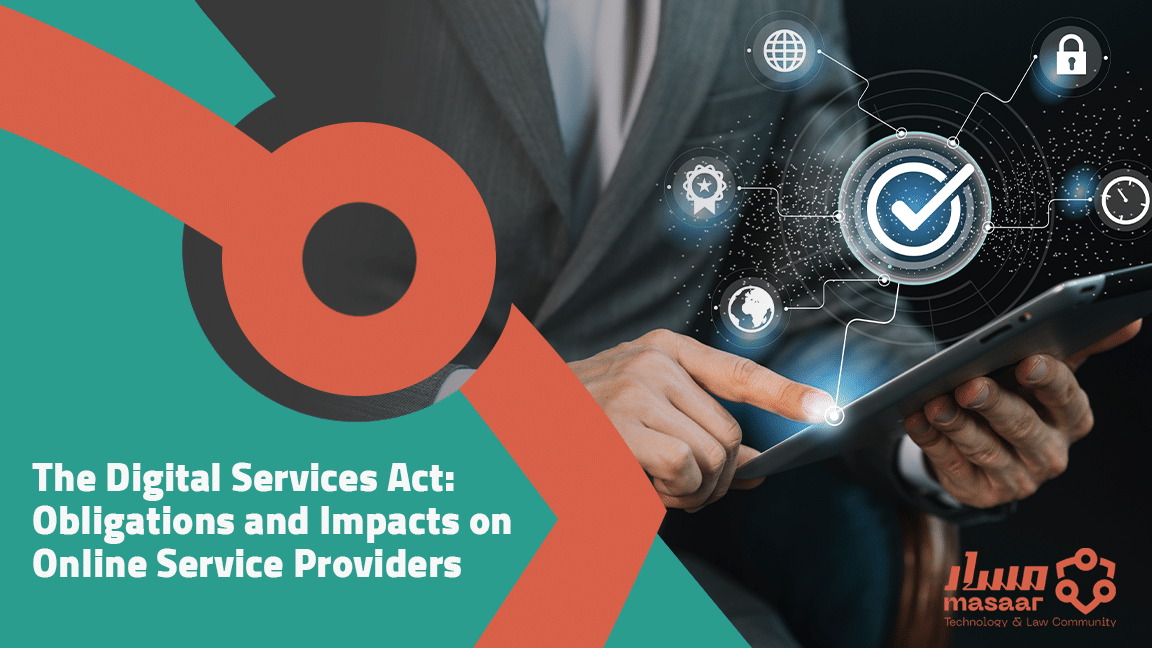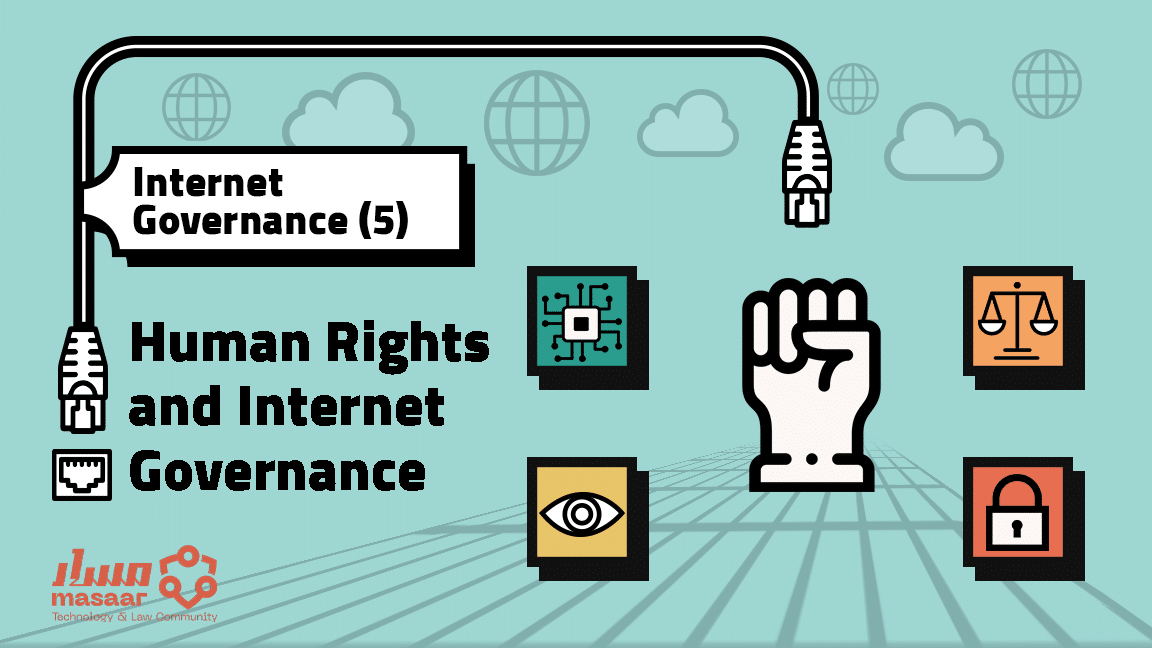Internet Governance
Towards a More Equitable Digital Future: Data Justice and Human Rights Principles
This paper aims to investigate the potential of integrating data justice principles with digital and human rights frameworks. It examines how this integration can facilitate the identification of biases based on ethnicity and gender within digital environments. By exploring this intersection, the paper aims to contribute to the promotion of a more just and equitable digital future.
From Access to Empowerment: Internet Access as a Basic Right
This paper discusses the call to recognize the right to internet access as one of the basic human rights in today’s world. It attempts to answer two questions: Why must we establish a basic right to internet access? How do we reach a comprehensive definition of this right to ensure that access to the Internet is universal without discrimination?
Beyond Infrastructure: Egypt’s Approaches to Internet Governance
This paper aims to provide a comprehensive overview of the Egyptian state’s approach to Internet Governance over the past three decades, spanning from the latter half of the 1990s to the present. Throughout this period, the Internet has undergone significant transformations, becoming an integral part of daily life for people worldwide. Concurrently, Egyptian society and its state have also experienced notable changes.
Progressive Communications: The Values, Principles, and Impact
This paper seeks to provide a clear definition of progressive communications, clarifying the most important progressive values and principles and how progressive communications reflect and help work to reach them. The paper also shows the most important aspects of the impact of modern advancements in progressive communications on social movements, governments, and businesses, which provide examples of what progressive communications can accomplish.
Cyber Sovereignty and the Future of the Internet and Digital Rights
This paper aims to clarify the meaning of cyber sovereignty and explain the reasons for its emergence and the objectives of its advocates. The paper also seeks to elucidate the effects of implementing cyber sovereignty policies on the future of the Internet and its governance system, including its protocols, independent institutions with roles in its administration, and the governance system based on the principle of multi-stakeholders.
Quantum Computers: Ethical Dilemmas and Human Rights Challenges
This paper delves into the intricate intersection of quantum computing, ethical considerations, and human rights challenges. By exploring the evolving technological landscape, the paper seeks to elucidate the potential risks of quantum computing’s rise and underscore the paramount importance of maintaining a balance between technological advancement and preserving individual rights. The paper also discusses the ethical dimensions and potential perils of quantum computing to pave the way for proactive measures to uphold human rights in a dynamic digital era.
Open Government: Empowering Society through Transparency and Participation
This paper seeks to provide a detailed definition of the concept of open government and the benefits that can be gained by society, its individuals and its various institutions by its application, the obstacles that prevent this, and the available ways to overcome them. The paper also presents models of pioneering practical initiatives in the field of applying the principle of open government in both the United States and the European Union in order to draw lessons learned from these two experiences. Finally, the paper deals with the Egyptian status quo and the obstacles to achieving the principle of open government in its context.
The Digital Services Act: Obligations and Impacts on Online Service Providers
This paper seeks to provide a comprehensive introduction as possible to the Digital Service Act, its road through a process that took 3.5 years till it finally got officially into force on November 16, 2022, its objectives, most important rules, obligations it sets for service providers, new mechanisms and bodies created for its implementation, and the new realities it is expected to create and their impacts on people living outside the EU.
Internet Governance (5): Human Rights and Internet Governance
This paper amis to provide an overview of how human rights are related to Internet Governance. It explores how the two major actors in the field of Internet Governance, nation-states and private sector companies, use the tools at their disposal to preserve their interests and maximize their gains, often at the expense of the human rights of their citizens and clients, respectively.
- « Previous
- 1
- 2
- 3
- 4
- Next »

